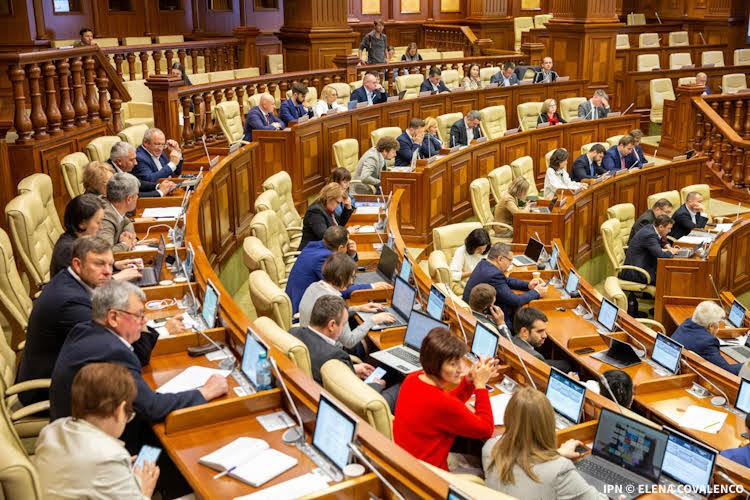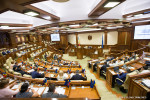
In the spring parliamentary session, which ended in July, decision-making transparency was partially neglected, and the agenda of the sittings was significantly modified. In the rush to vote on draft normative documents, the MPs forgot, in places, the aspect of transparency, which is an important one in their work. The findings belong to experts of the Promo-LEX Association, who specify that, out of the 20 plenary sittings in which the MPs met, there was no sitting in which the decision-making transparency was not affected by the non-publication of the documents related to bills or by the fact that the deadline for submitting the recommendations of the interested parties on bills was not met, IPN reports.
The main problems identified by Promo-LEX during the monitoring of plenary meetings included the non-publication of the related documents in the case of 128 draft laws. These are the reports of the commissions, opinions of the authorities, the opinion of the Legal Department or the Government. Also, the legal deadline for the submission of stakeholder recommendations was not met in the case of 84 bills put to the vote.
In the spring 2024 session, the trend of changing the agenda was quite pronounced. At eight of the 20 sittings, the made changes exceeded 100%, the most critical value being recorded at the February 15 meeting, where the figure of changes was 766%. Promo-LEX specifies that this major fluctuation indicates instability and unclarity in the planning of the agenda, affecting the efficiency of the legislative process. This is despite the fact that the Parliament approved a legislative program for 2024, which should have ensured greater stability and predictability in the parliamentary agenda.
The Association repeatedly highlighted the fact that such a high number of bills on the agenda affects both the decision-making transparency and the level of understanding of the examined and voted bills. Experts reiterate that Parliament must work to make sure that decision-making transparency is respected in order to ensure a more efficient legislative process.











